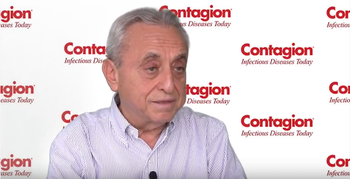
Pedro Cahn, MD, shares the results found after 96-weeks of follow-up for the onceMRK Phase 3 clinical trial.

Pedro Cahn, MD, shares the results found after 96-weeks of follow-up for the onceMRK Phase 3 clinical trial.

Investigators from George Mason University have developed another diagnostic method for tuberculosis (TB), a highly sensitive and specific urine test.
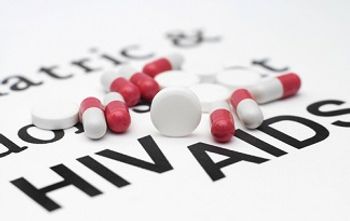
A new study compares the long-term effects of combination ART (cART) initiation during primary HIV infection with therapy initiation during chronic HIV infection.
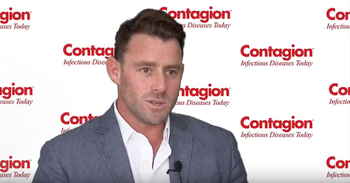
Jake Glaser describes how recent advances against HIV & AIDS have affected the philanthropic community.

However, findings from the study may provide a roadmap for future analyses of immune-based interventions seeking to relieve HIV patients of the lifelong burden of daily medication intake and enhance viral suppression.

Stay up-to-date on the latest infectious disease news by checking out our top 5 articles of the week.

As the population of people living with HIV infection is living longer, age-related health issues are affecting these individuals in an accelerated or emphasized fashion.
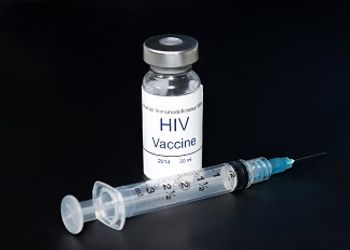
Investigators are hopeful that the global vaccine candidate will prevent a wide range of strains of the virus.
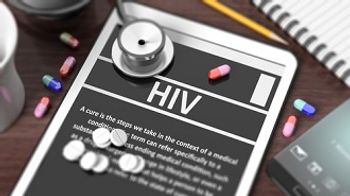
Investigators are finding that a 4-days-a-week regimen of antiretroviral therapy (ART) may be as safe and effective as daily therapy in treating HIV, while keeping costs down and lowering risks of side effects.
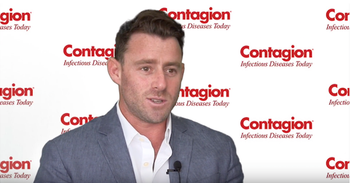
Jake Glaser explains the challenges faced when fundraising for AIDS programs in the 21st century.

Questions regarding a finance executive’s expertise in infectious diseases aside, the move seems straightforward enough—at least on the surface.
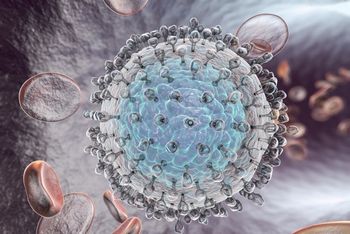
A new study examines HCV treatment uptake in HCV patients coinfected with HIV.

A new announcement marks the elimination of mother-to-child HIV transmission in 6 Caribbean territories and states
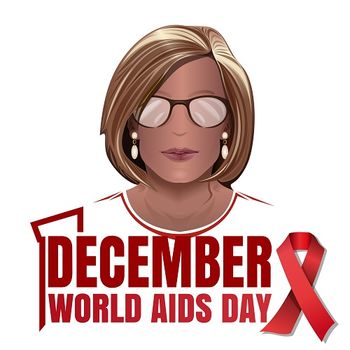
The National Institutes of Health (NIH) have announced plans for a new trial testing the effectiveness of the injectable pre-exposure prophylaxis (PrEP) drug, cabotegravir, in sexually-active women.
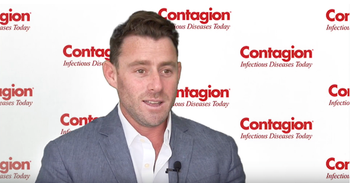
Jake Glaser shares who he feels is going to end the AIDS epidemic.
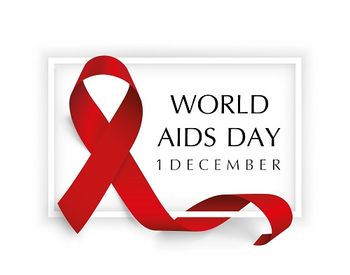
Although much has changed since the first World AIDS Day in 1988, the effects of the disease on public health remain significant, even as more individuals are “living” with the virus and fewer are dying from it.
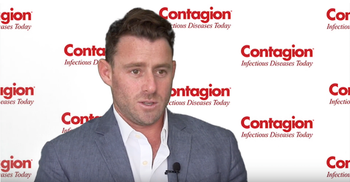
Jake Glaser shares what is needed to achieve the Fast-Track strategy to end the AIDS epidemic by 2030.
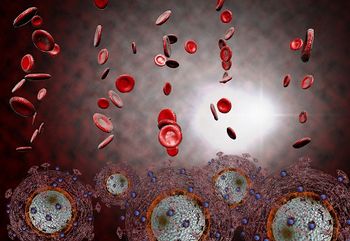
Individuals with cancer and HIV used to be excluded from clinical trials due to safety concerns, but new positive results open up treatment avenues for this population.

The FDA has approved Merck’s ISENTRESS to be used in combination with other antiretroviral agents to treat HIV-1 in certain newborns.
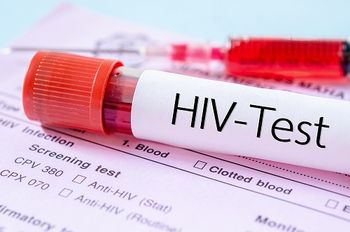
Many individuals live with HIV for years before they are aware of their status. HIV testing is crucial if we hope to bring a close to the ongoing epidemic.

Researchers in South Africa have developed a symptom score card to help diagnose tuberculosis infections in individuals with HIV.

In case you missed them, we've compiled the top five infectious disease articles from this past week.

The FDA has just approved the first two-drug regimen for treating certain individuals living with HIV.

We cover 10 things you need to know about HIV viral suppression, according to the National Institute of Allergy and Infectious Diseases.

Treatment with a protease inhibitor plus raltegravir was found to offer no benefit over a protease inhibitor plus nucleoside reverse-transcriptase inhibitor regimen in patients with HIV.